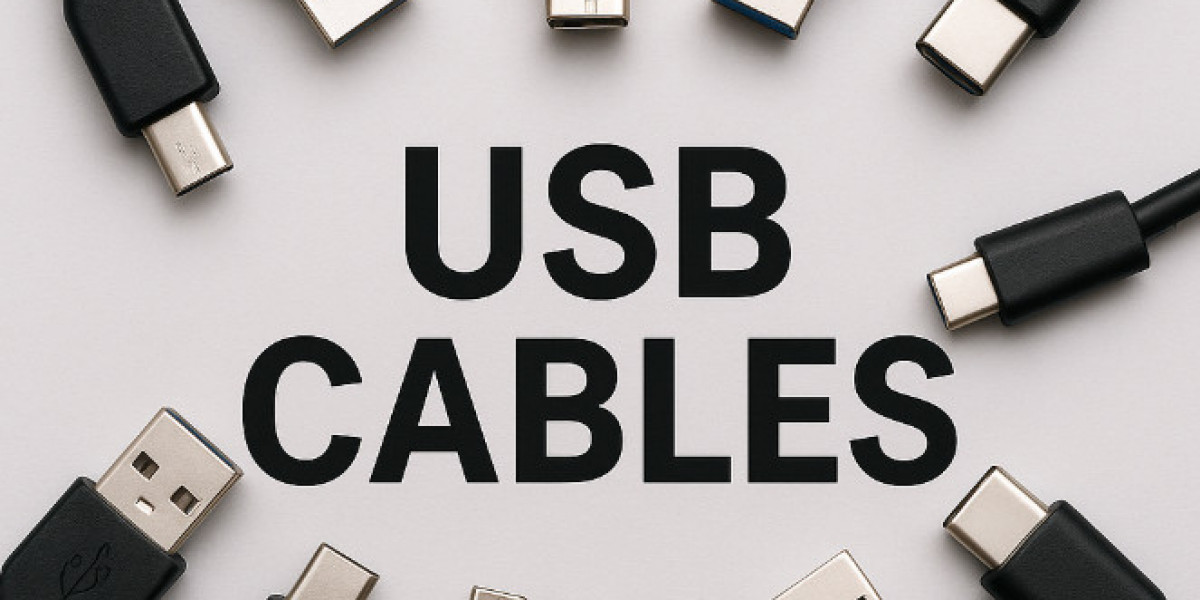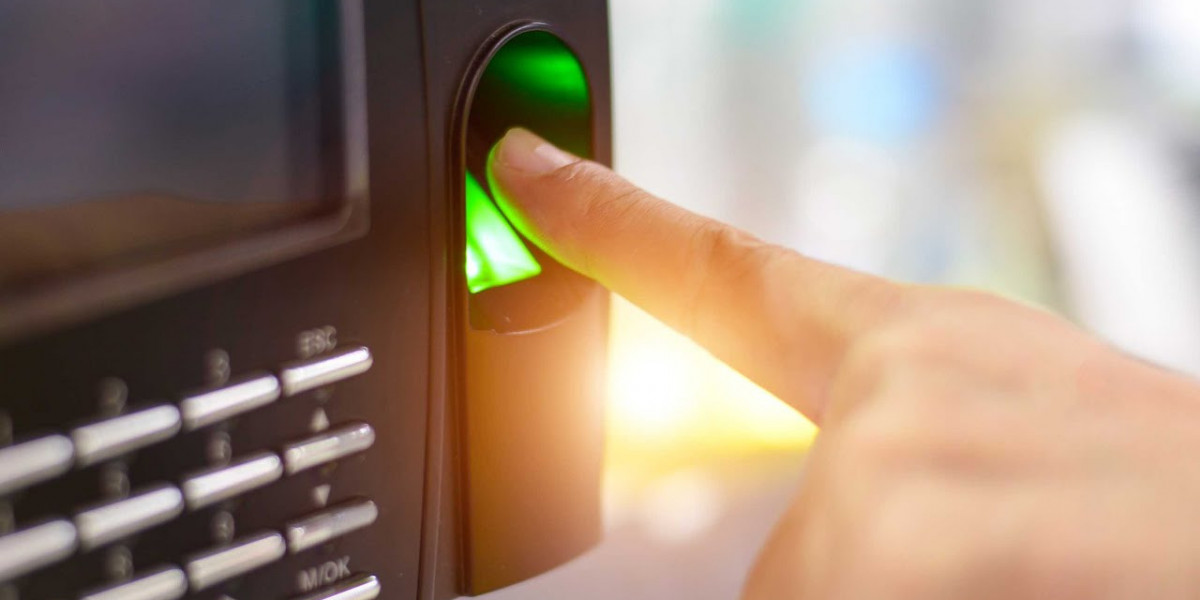When buying technology accessories, especially USB cables, one of the most common debates revolves around whether expensive cables are truly worth the investment. Many people wonder if there's any real difference between high-end USB cords and the standard, budget-friendly ones available online. Are the extra dollars spent really improving performance, or is it all just marketing?
This article will break down the myths and facts about USB cables, comparing expensive cables to their cheaper counterparts. By the end, you will have a clear understanding of whether an expensive USB wire is worth it for your devices and tech setup.
The Importance of USB Cables
Before diving into the discussion of expensive USB cables, it's important to first recognize their vital role in any modern tech setup. USB cables are used for everything from charging devices to transferring data, whether it’s on a computer USB cable, a smartphone charger, or even a USB hub.
Charging: A USB cable helps transfer power from the power source to your device.
Data Transfer: USB wires also play a crucial role in transferring files, photos, and other data between devices.
In essence, USB cords are an integral part of ensuring the functionality of most modern electronics. But does paying extra for a higher-priced USB wire actually impact performance?
Myth 1: Expensive USB Cables Are Always Better Quality
One of the biggest myths about USB cables is that a higher price tag guarantees better performance. While this is sometimes true, it’s not always the case. USB cables online can vary in quality due to several factors, such as:
Materials used: Expensive cables might use higher-quality materials like reinforced copper or braided fibers.
Construction: Better-built cables often feature enhanced strain relief and thicker insulation to prevent fraying.
However, many reasonably priced USB cords are made with excellent materials and can perform just as well as pricier ones. The brand name, fancy packaging, and extra features like gold-plated connectors don’t always translate to a real-world performance boost.
Fact: High-Quality Cables Don’t Have to Be Expensive
There are plenty of USB wires available that perform just as well as their expensive counterparts without the extra cost. Brands that focus on performance over premium packaging often deliver great value without the inflated prices. Look for cables with certifications like USB-IF (USB Implementers Forum), which guarantees compliance with USB standards.
Myth 2: Expensive Cables Are Essential for Fast Charging
Many people believe that to experience fast charging, you must purchase expensive USB cables. This is not always true. While some USB cables are built for higher current and faster data transfer, the key to fast charging lies in the charger and USB ports, not just the cable.
Fact: Fast Charging Depends on Several Factors
To achieve fast charging, you need the right combination of USB cord, charger, and device compatibility. Many modern devices, such as smartphones and laptops, support fast charging through technologies like Qualcomm Quick Charge or USB Power Delivery (USB PD). If your USB cable supports these standards and your device is compatible, then you can enjoy fast charging.
However, using an expensive USB wire doesn’t always guarantee faster charging. Some affordable cables are just as capable of handling higher voltages and currents, provided they are designed for fast charging.
Myth 3: All USB Cables Are the Same
It’s easy to assume that all USB cables are created equal, especially if they seem to fit the same USB port. However, this is far from the truth. There are multiple USB cable types—USB-A, USB-C, USB 3.0, USB 2.0, and so on. Each one has a different purpose and performance capacity.
Fact: USB Cable Types Vary in Functionality
USB-A: This is the traditional rectangular USB port, widely used for computers and older devices.
USB-C: The newer, reversible connector is faster and supports higher data transfer rates and power delivery.
USB 3.0/3.1: These are faster than USB 2.0 cables, allowing for quicker data transfer and charging.
For devices that support faster charging and higher data transfer speeds, investing in the correct USB wire is more important than simply spending extra money on a “premium” cable.
Myth 4: Expensive USB Cables Provide Better Data Transfer Speeds
Another myth is that expensive USB cables automatically provide faster data transfer speeds. While it’s true that certain cables support faster data transfer, the price of the cable doesn’t always correlate with performance.
Fact: Data Transfer Speed Is Determined by the Cable Type, Not Just the Price
USB 2.0 cables provide speeds of up to 480 Mbps, which is fine for basic tasks like charging or syncing files.
USB 3.0 cables support speeds up to 5 Gbps, ideal for larger file transfers and faster performance.
USB 3.1 and USB-C offer even faster speeds of up to 10 Gbps or more, making them better for high-performance tasks.
Choosing the right type of USB cable for your needs is far more important than the price. If you need faster data transfer speeds, focus on the cable type (such as USB 3.0 or USB-C) rather than spending more money on a higher-end cable.
Myth 5: Expensive USB Cables Last Longer
While it’s true that some high-end USB cables are designed with more durable materials, this doesn’t mean that all expensive cables will last longer than their cheaper counterparts. Often, a more expensive cable only has better aesthetics or additional features like gold-plated connectors, which do not necessarily impact longevity.
Fact: Durability Depends on Cable Construction, Not Price
The lifespan of a USB cord depends more on its construction and the materials used than its price. Look for features like:
Braided Exteriors: Braided cables are more resistant to wear and tear.
Reinforced Connectors: These help prevent the cable from fraying at the ends.
Strain Relief: Proper strain relief ensures that the cable doesn’t break easily when bent.
If you want a cable that lasts longer, focus on these durability features, which can be found in both affordable and expensive options.
What to Look for When Buying a USB Cable Online
If you’re in the market for a USB cable online, consider the following factors:
Device Compatibility: Make sure the cable is compatible with your devices, whether you need a computer USB cable or something for a smartphone.
Charging Needs: Choose cables that support your charging speed requirements, especially if you need fast charging.
Data Transfer Speed: Check the cable type to ensure it meets your data transfer needs (USB 2.0, 3.0, or USB-C).
Durability Features: Look for reinforced connectors and braided exteriors for longer-lasting cables.
Warranty: Some higher-end cables come with warranties, ensuring that they’ll last longer.
By considering these factors, you can make a more informed decision and find the right USB cable without necessarily overspending.
Conclusion
Expensive USB cables are not always better than their cheaper counterparts. Many myths surround USB cords, leading consumers to believe that higher prices guarantee better performance, faster charging, and more durability. However, the reality is that performance, charging speed, and durability are more about the USB wire type and quality of construction than the price tag.
Before you spend extra on a high-end cable, assess your device needs, compatibility, and the specific cable features. In many cases, reasonably priced USB cables perform just as well as their expensive counterparts.
By understanding the facts and separating them from the myths, you can confidently order cables online that provide the best value for your money and meet your tech needs.









